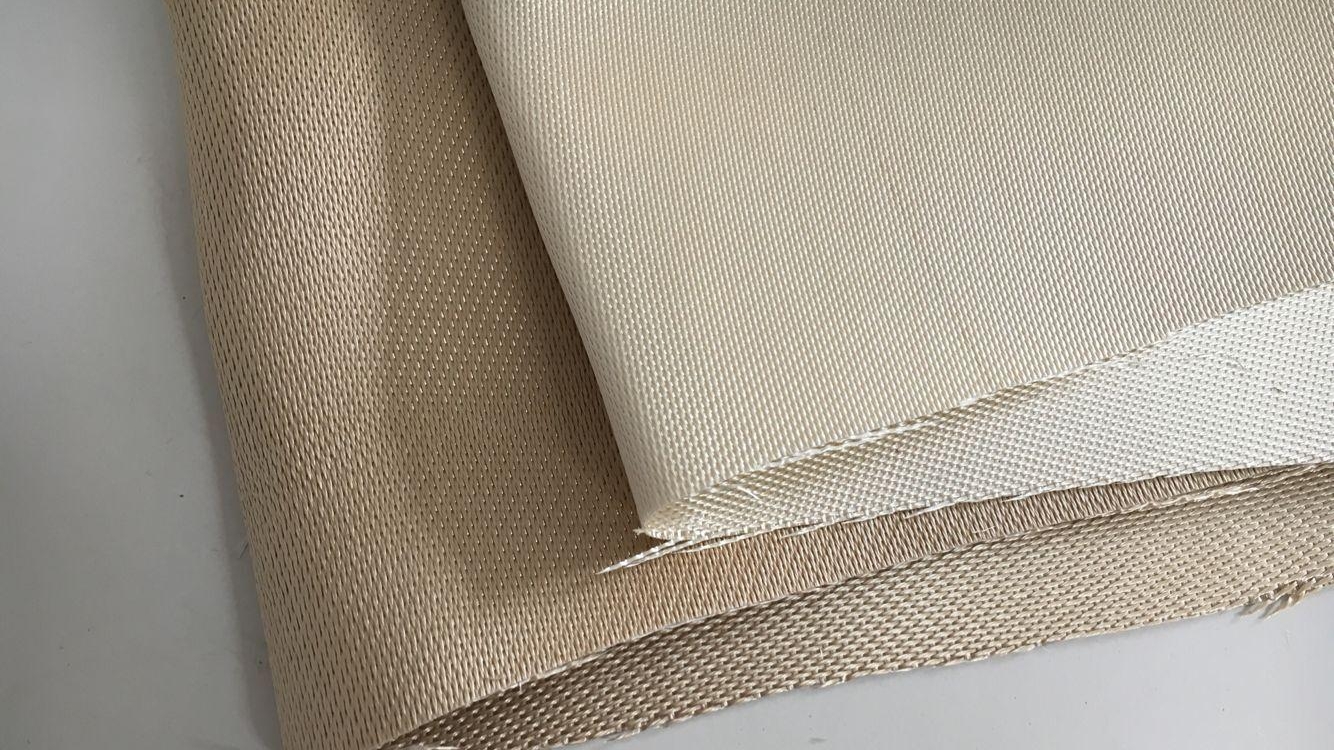What are the common special industrial fabric materials

Special industrial fabric is a type of fabric used in specific industrial environments, and its material selection needs to consider the particularity of the usage environment. It is also important to understand the characteristics of these materials in order to accurately choose which type of special industrial fabric is suitable for you. The following are some common special industrial fabric materials:
Nylon: Nylon is a wear-resistant, tensile, and tear resistant material suitable for environments that require high strength and durability. For example, nylon is widely used in the manufacturing of bulletproof vests and protective clothing. These characteristics of nylon make it an ideal material for manufacturing bulletproof vests and protective clothing. Nylon bulletproof vests can effectively prevent bullet penetration and protect the safety of users.
Polyester: Polyester is a heat-resistant and corrosion-resistant material suitable for high temperature and chemical environments. For example, polyester is used to manufacture fire-resistant clothing and chemical protective clothing. These characteristics of polyester make it an ideal material for manufacturing fire-resistant clothing and chemical protective clothing. Polyester fire-resistant clothing can resist high temperatures and prevent direct contact of flames with the skin.
Polypropylene: Polypropylene is a lightweight and waterproof material suitable for environments that require waterproofing and lightness. For example, polypropylene is used to make raincoats and waterproof bags. These characteristics of polypropylene make it an ideal material for making raincoats and waterproof bags. Polypropylene raincoats can prevent rainwater infiltration and keep users dry.
Fluoroplastics: Fluoroplastics are materials that are resistant to high temperatures and corrosion, suitable for extreme environments. For example, fluoroplastics are used to manufacture space suits and nuclear radiation protection suits. These characteristics of fluoroplastics make them ideal materials for manufacturing aerospace suits and nuclear radiation protection suits. Fluoroplastic space suits can resist extreme temperatures and radiation, protecting the safety of astronauts in space.
The above are some common materials for special industrial fabrics, but in reality, the selection of materials for special industrial fabrics needs to be determined based on specific usage environments and needs. For example, if you need to manufacture a protective suit that can be used in extreme environments, you may need to choose a material that can resist high temperatures and radiation, such as fluoroplastics. If you need to manufacture a lightweight and waterproof raincoat, you may need to choose a lightweight and waterproof material, such as polypropylene.
In addition, the selection of materials for special industrial fabrics also needs to consider the comfort of users. For example, if users need to wear protective clothing for a long time in hot environments, they may need to choose a material with good breathability and moisture absorption to improve user comfort.
Overall, the selection of materials for special industrial fabrics is a complex process that requires comprehensive consideration of multiple factors, including the special nature of the usage environment, user needs and comfort, as well as the physical and chemical properties of the materials. By comprehensively considering these factors, the most suitable special industrial fabric materials can be selected to meet the needs of specific industrial environments.
-
 Email:wanss@kusan-if.com
Email:wanss@kusan-if.com
-
 website:www.kusan.cn
website:www.kusan.cn
-
 business address one:No. 3, Futai Road, Lancun Town, Jimo District, Qingdao, Shandong business address two:No. 99, Fengjin Road, Shangma Street, Chengyang District, Qingdao, Shandong
business address one:No. 3, Futai Road, Lancun Town, Jimo District, Qingdao, Shandong business address two:No. 99, Fengjin Road, Shangma Street, Chengyang District, Qingdao, Shandong

Scan the code
Copyright © 2020-2030 www.kusan.cn Qingdao Jiushan Textile fabric Co., Ltd. All Rights Reserved
website:www.kusan.cn address:No. 3, Futai Road, Lancun Town, Jimo District, Qingdao, Shandong ICP Certificate: ICP Lu No. 20021986-1

 简体中文
简体中文 Japanese
Japanese 한국어
한국어
